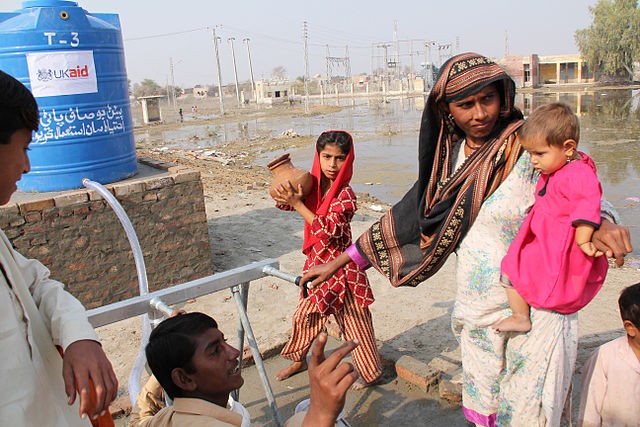Water scarcity in urban areas is a growing concern, driven by factors such as population growth, climate change, and inefficient water management practices. Mitigating water scarcity requires innovative solutions that enhance water efficiency, promote sustainable practices, and address the challenges posed by urbanization. Here are five innovative solutions for mitigating water scarcity in urban areas:
Rainwater Harvesting and Stormwater Management:
- Solution: Implementing rainwater harvesting systems and effective stormwater management practices can capture and store rainwater for later use.
- Benefits: This helps recharge groundwater, reduces pressure on traditional water sources, and provides an additional water supply during periods of scarcity.

Smart Water Metering and Monitoring:
- Solution: Deploying smart water metering and monitoring systems allows real-time tracking of water consumption and identifies leaks or inefficiencies.
- Benefits: Efficient water management enables better resource allocation, early detection of leaks, and encourages water conservation among consumers.
Wastewater Recycling and Reuse:
- Solution: Implementing advanced wastewater treatment technologies and promoting the reuse of treated wastewater for non-potable purposes, such as irrigation or industrial processes.
- Benefits: Recycling wastewater reduces the demand on freshwater sources, minimizes pollution, and provides an additional source of water for various applications.
Green Infrastructure and Sustainable Land Use Planning:
- Solution: Integrating green infrastructure, such as green roofs, permeable pavements, and urban green spaces, into urban planning helps manage stormwater, reduce runoff, and enhance water absorption.
- Benefits: Green infrastructure improves water retention, mitigates flooding, and promotes sustainable urban development practices, contributing to overall water resilience.
Desalination Technologies:
- Solution: Advancements in desalination technologies, such as reverse osmosis and solar desalination, offer the potential to convert seawater into freshwater.
- Benefits: Desalination can provide an additional source of freshwater, particularly for coastal cities facing water scarcity. However, it’s essential to consider the environmental and economic implications of desalination.
These solutions should be implemented in a holistic and integrated manner, considering the specific challenges and context of each urban area. Additionally, policy support, regulatory frameworks, and public-private partnerships are essential for the successful implementation of these innovative solutions. By combining technological advancements, sustainable practices, and community engagement, cities can work towards ensuring a more resilient and water-secure future.












